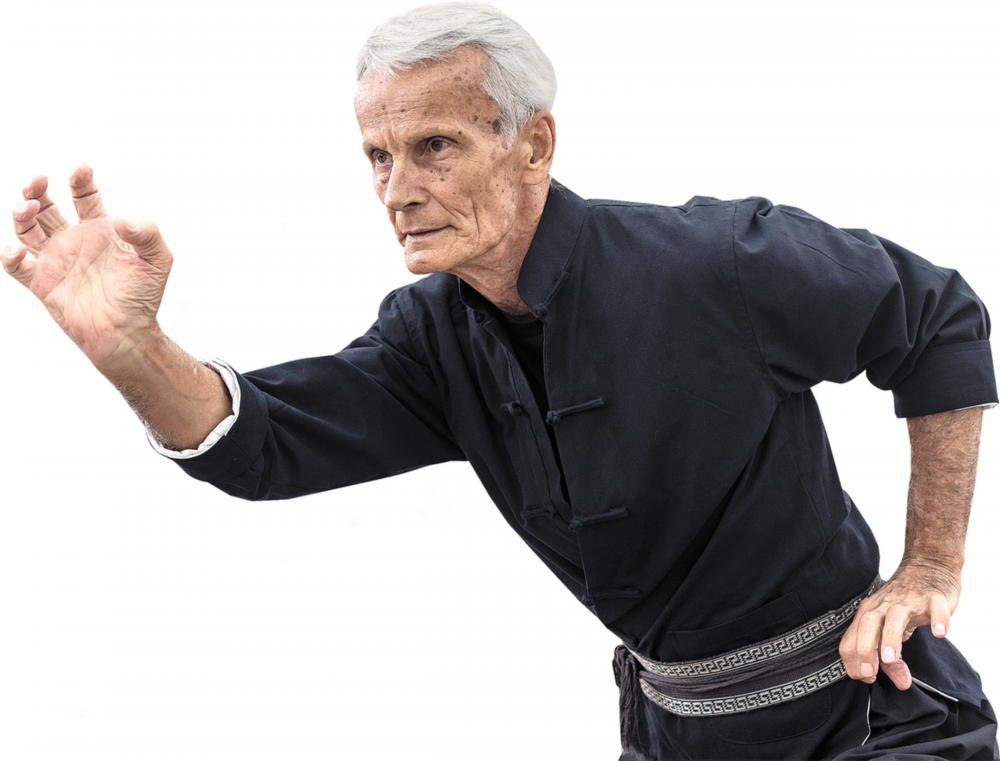
(Gam Bok-Yin SUI PIU/FOR CHINA DAILY)
Traditions preserved
Wilfred Lam Chin-ting, president of the Chin Woo Athletic Association of Hong Kong Ltd, a martial arts organization with a history spanning about 100 years, said that although an exact count is unavailable, many foreigners visit Hong Kong every year to study Chinese martial arts. The COVID-19 pandemic significantly hindered this trend, but there has been a recent gradual resurgence.
These foreign enthusiasts primarily hail from the United States, Europe, Australia, and South Asia. They are attracted by Hong Kong's reputation for preserving the most traditional forms of Chinese martial arts. Wushu practitioners in Hong Kong try their best to safeguard the most classic routines, stances, etiquette, and cultural characteristics associated with their disciplines.
According to Yip Tak-ping, a senior lecturer at the Education University of Hong Kong and president of the Hong Kong History and Culture Society, the popularity of Hong Kong kung fu movies during the last century attracted many foreigners to the city to pursue martial arts training.
After completing their training, many of them returned to their home countries and established their own martial arts schools, becoming key promoters of Chinese martial arts and culture overseas.
These martial arts schools have successfully nurtured multiple generations of students. Despite the declining popularity of Hong Kong kung fu films, these students, influenced by their masters, possess an understanding of Chinese martial arts styles and have a deep appreciation for their origins in Hong Kong.
Some of them visit Hong Kong to learn kung fu, delve deeper into techniques, and immerse themselves in the rich cultural traditions associated with Chinese martial arts, Yip said.
Foreigners are attracted to Chinese martial arts not only for their physical skills but also for the inherent values kung fu embodies, Yip noted.
Kung fu encompasses a "chivalric spirit" that emphasizes the protection of the weak. It embraces a respect for nature and humanity, rooted in Taoist philosophy. Furthermore, it emphasizes the unity of the body and mind, providing benefits to both physical and mental well-being.
These values possess a universal appeal that transcends national boundaries, regional differences, and the passage of time, Yip emphasized.
To promote Chinese martial arts, it is crucial to recognize the needs of the present and integrate the values of martial arts into a current context, Yip said. This can be achieved through initiatives such as incorporating martial arts into value-based education or mental and physical health programs.
By adapting Chinese martial arts to a contemporary context, their impact can be maximized, enabling more people to benefit from the ancient and enduring wisdom they offer, Yip added.











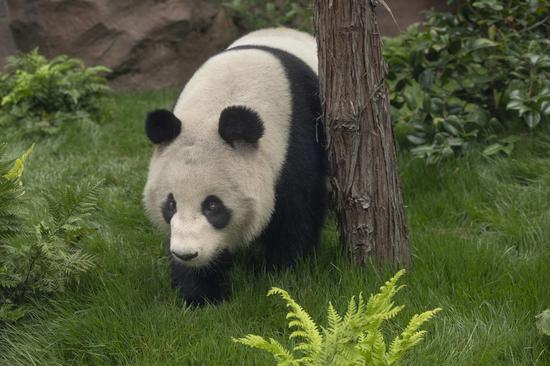

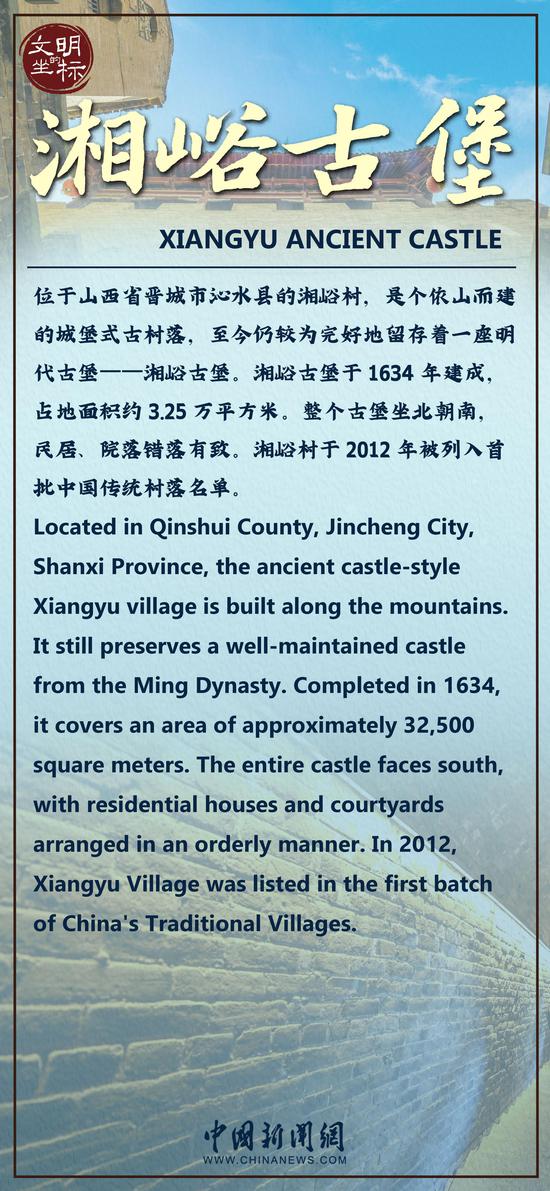
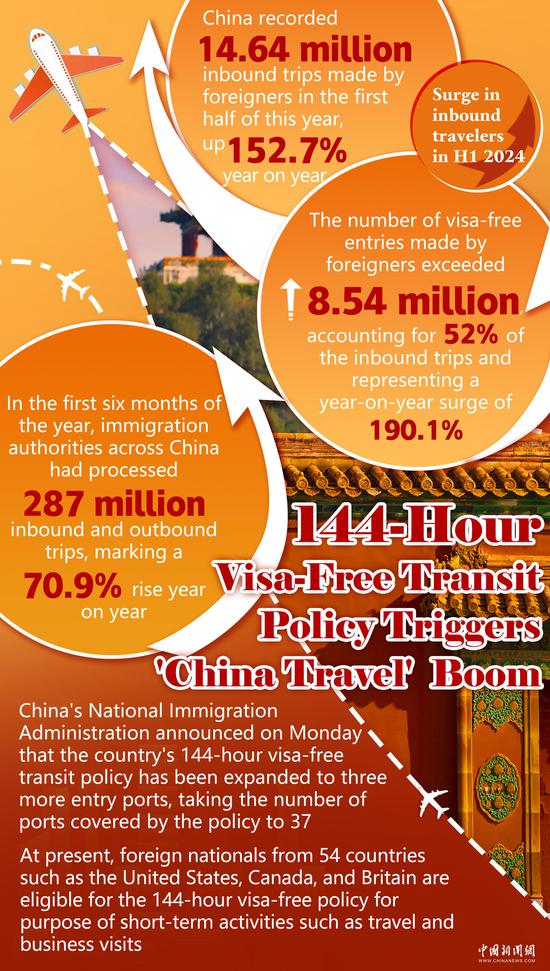
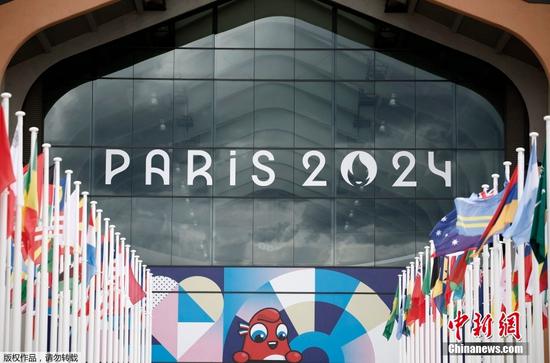


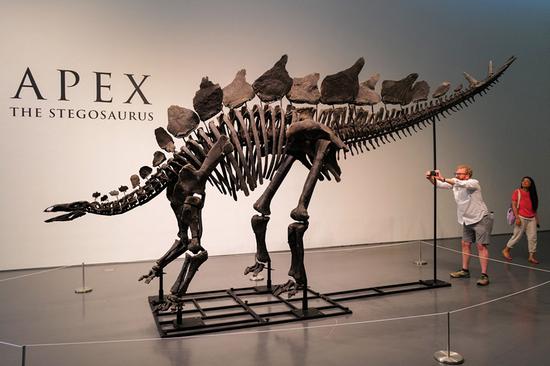


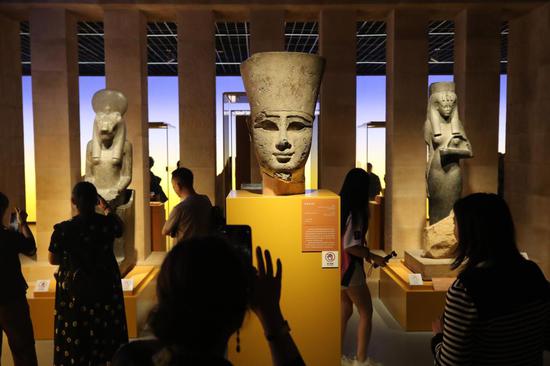








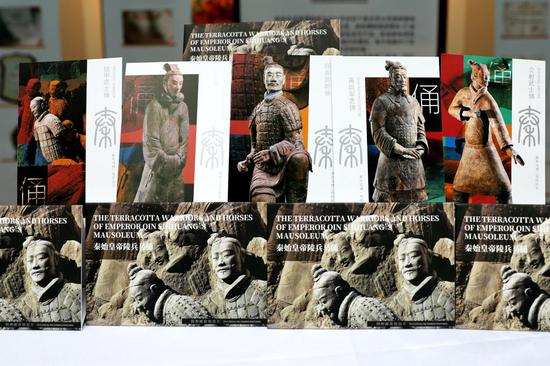

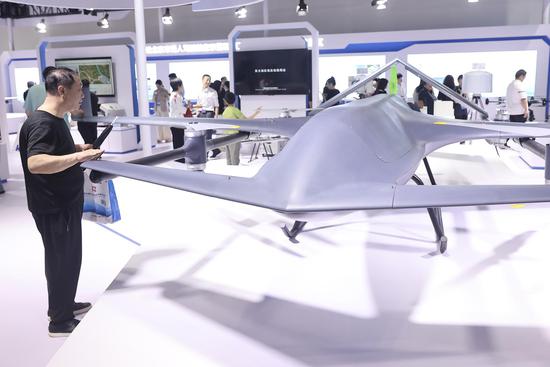
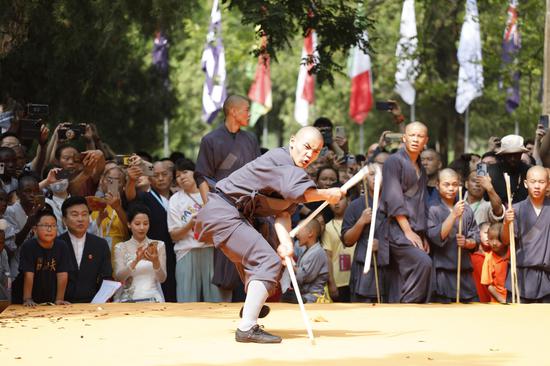
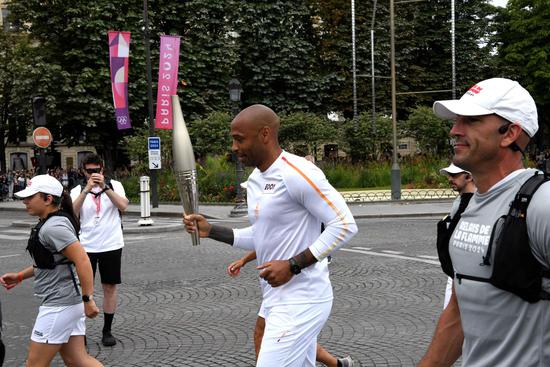
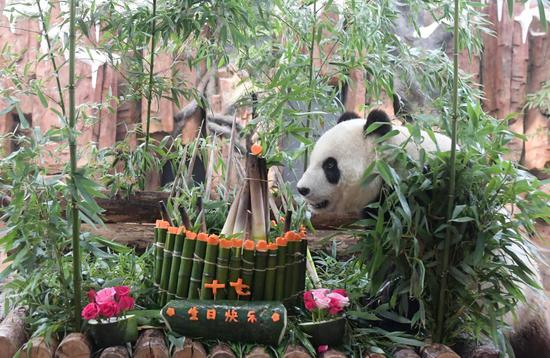




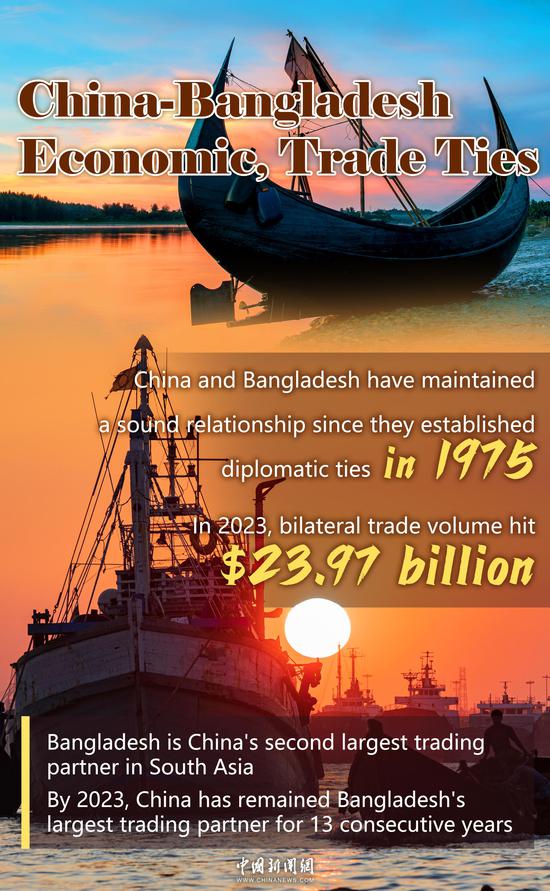
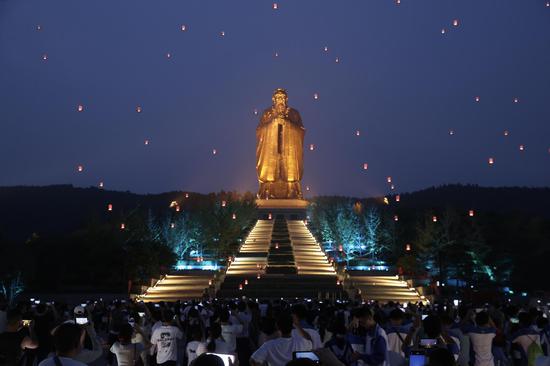


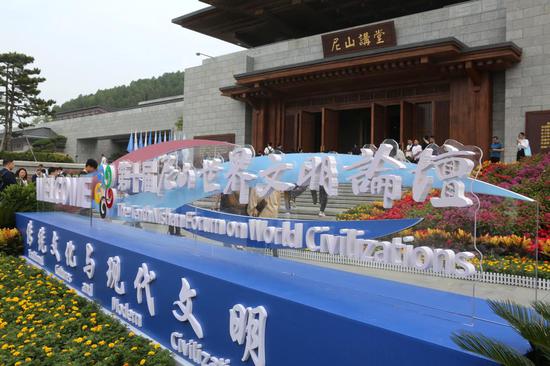



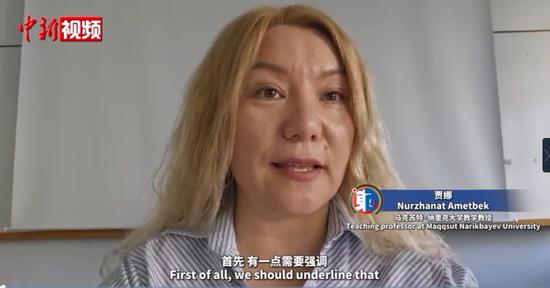

 京公网安备 11010202009201号
京公网安备 11010202009201号